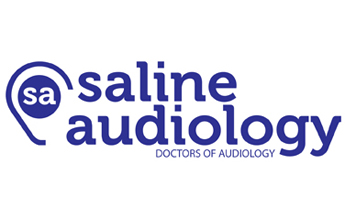Facts About Hearing Loss
Men are more likely than women to experience hearing loss. One in five Americans over age 12 has hearing loss in at least one ear. This number is expected to double by 2030. There is a direct link between age and hearing loss: About 18% of American adults…
Read more